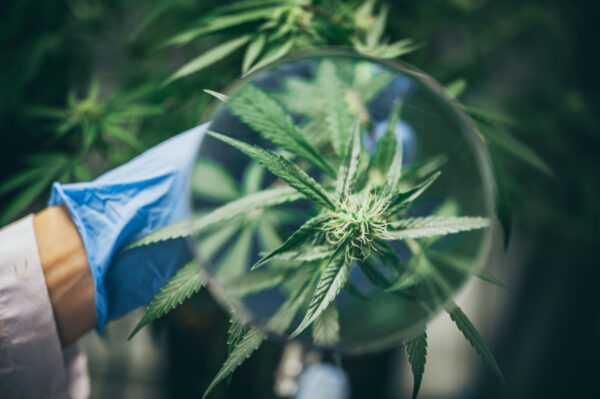An Introduction to CBD...
The popularity of cannabidiol (CBD) has spread, now that it is available online and in many retail outlets. In my practice I have at least four to five patients asking every day if CBD is a safe option for them. This was my impetus for researching CBD and sharing my knowledge.
What I found is that the FDA (Federal Drug Administration) currently prohibits all manufacturers of CBD products from making any claims about the ability of CBD to treat specific health conditions. The clinical trial period for CBD research is an ongoing process, so I always stress to my patients the importance of making informed decisions.
Making Informed Decisions
When considering what to purchase and where to purchase, it behooves the patient to be aware of ingredients and the quality of these components. How do my patients know the answers to these queries? I recommend that they always purchase CBD from companies that use third-party testing to ensure the potency and purity of the product.
Because the CBD space is unregulated, many companies are not honestly posting the quality and purity of their hemp. Finding quality CBD products is a challenge for even the most informed consumer and this is why the unbiased analysis by independent labs is critical.
Advice For Patients
The most common test for CBD products is the cannabinoid profile. This will verify that the THC content is as advertised. This test also validates the amount of CBD in the product. There is recent research that demonstrates that many CBD products sold have little to no CBD actually in the product.
Testing for heavy metals is important because hemp can pull nutrients out of the soil and concentrate them in its leaves and stems. These heavy metals can cause inflammation and should be avoided. Examples of the heavy metals tested include arsenic, lead, and mercury.

The labs test for the presence of organic solvents which in the past were used for the oil extraction. They also test for biological contaminants that may have infected the plant material and can ultimately harm our bodies. Pesticides that may have been used in the growing process of hemp can be very dangerous if consumed. Third party test labs can detect these.
Third party, independent lab tests prove the quality and purity of products and can provide my patients with peace of mind. The test results can be found online and I recommend to my patients to look for products that provide a scan code on the product that will take them directly to the results.
Transparency is critical to making informed choices. Decisions about care can drastically affect individual experiences and quality of life. Here are specific questions to consider before trying CBD:
- Has the product been tested by an independent, third party lab?
- Is every batch tested for pesticides?
- Is the potency valid? Is the milligram amount as stated?
- Has it been tested for heavy metals and contaminants?
About the author: Dr. Robert Chesne is a board-certified cardiologist who has practiced in Los Angeles, California, for 40+ years. He is Senior Partner of Apex Cardiology, Director of Cardiology at Centinela Hospital Medical Center, and Physician Advisor at Gardena Memorial Hospital.




